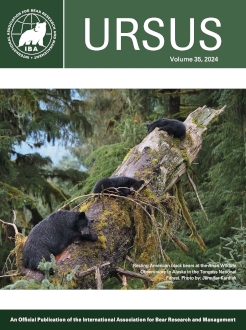BioOne.org will be down briefly for maintenance on 13 August 2025 between 18:00-21:00 Pacific Time US. We apologize for any inconvenience.
Functional responses of giant panda gut microbiota to high-fiber diets

